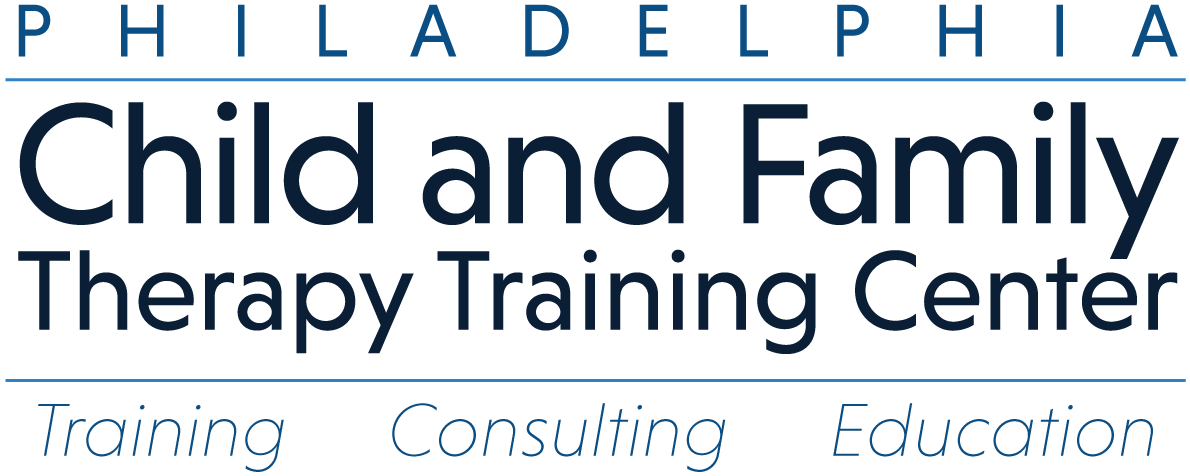
By embracing the rule of thirds, systemic family therapists can cultivate a realistic and resilient approach to their practice, fostering long-term success and personal satisfaction.
1. Feeling Good About Your Performance (33%)
- Client Breakthroughs: There will be moments when you witness significant breakthroughs and progress in your clients. These successes reinforce your confidence in your skills and the effectiveness of your therapeutic interventions.
- Positive Feedback: Receiving appreciation and positive feedback from clients and colleagues can validate your efforts and approaches.
- Personal Fulfillment: Seeing families heal, improve their communication, and strengthen their relationships can bring a deep sense of personal and professional fulfillment.
2. Feeling Okay About Your Performance (33%)
- Steady Progress: Many sessions will involve steady, incremental progress rather than dramatic changes. These sessions are crucial for building trust and laying the groundwork for future breakthroughs.
- Routine Challenges: Encountering routine challenges and working through them is a normal part of the therapeutic process. These moments help you refine your skills and approaches.
- Professional Growth: Learning from these experiences and seeking supervision or peer support can enhance your competencies and resilience.
3. Feeling Like It Didn’t Go as Planned (33%)
- Setbacks: Therapy can be unpredictable, and there will be sessions where things don’t go as planned. Clients may resist interventions, or new issues may emerge that complicate the process.
- Self-Doubt: It’s natural to question your effectiveness or feel disheartened when progress stalls or conflicts arise within the family system.
- Learning Opportunities: These challenging sessions are valuable learning opportunities. Reflecting on what went wrong, seeking supervision, and adapting your approach can lead to professional growth and better outcomes in the future.
Embracing the Rule of Thirds
- Balanced Perspective: Understanding and accepting the rule of thirds helps maintain a balanced perspective on your work. It prevents you from becoming overly discouraged by setbacks or overly complacent during smooth periods.
- Resilience Building: Recognizing that feeling good, okay, and challenged is a normal part of the therapeutic process builds resilience. It helps you stay motivated and committed to your clients and your professional development.
- Continuous Improvement: Each experience, whether positive, neutral, or negative, contributes to your growth as a therapist. Use these experiences to continually improve your skills and approaches.
Practical Tips
- Reflect Regularly: Take time to reflect on your sessions, noting what went well, what was just okay, and what didn’t go as planned. This reflection can guide your ongoing development.
- Seek Support: Engage in supervision and peer support to gain insights and strategies for dealing with challenging sessions.
- Deliberately Practice: Role play how you can do things differently next time you are faced with the interactional pattern. Or, role play delivering the reframe, staying in the enactment or using the reframe to join!
- Record and Review: Record your work with your families and watch the tape with people you know are committed to your growth and development (always manage HIPAA).
- Practice Self-Care: Maintain your well-being through self-care practices to ensure you can effectively support your clients.



Leave a Reply